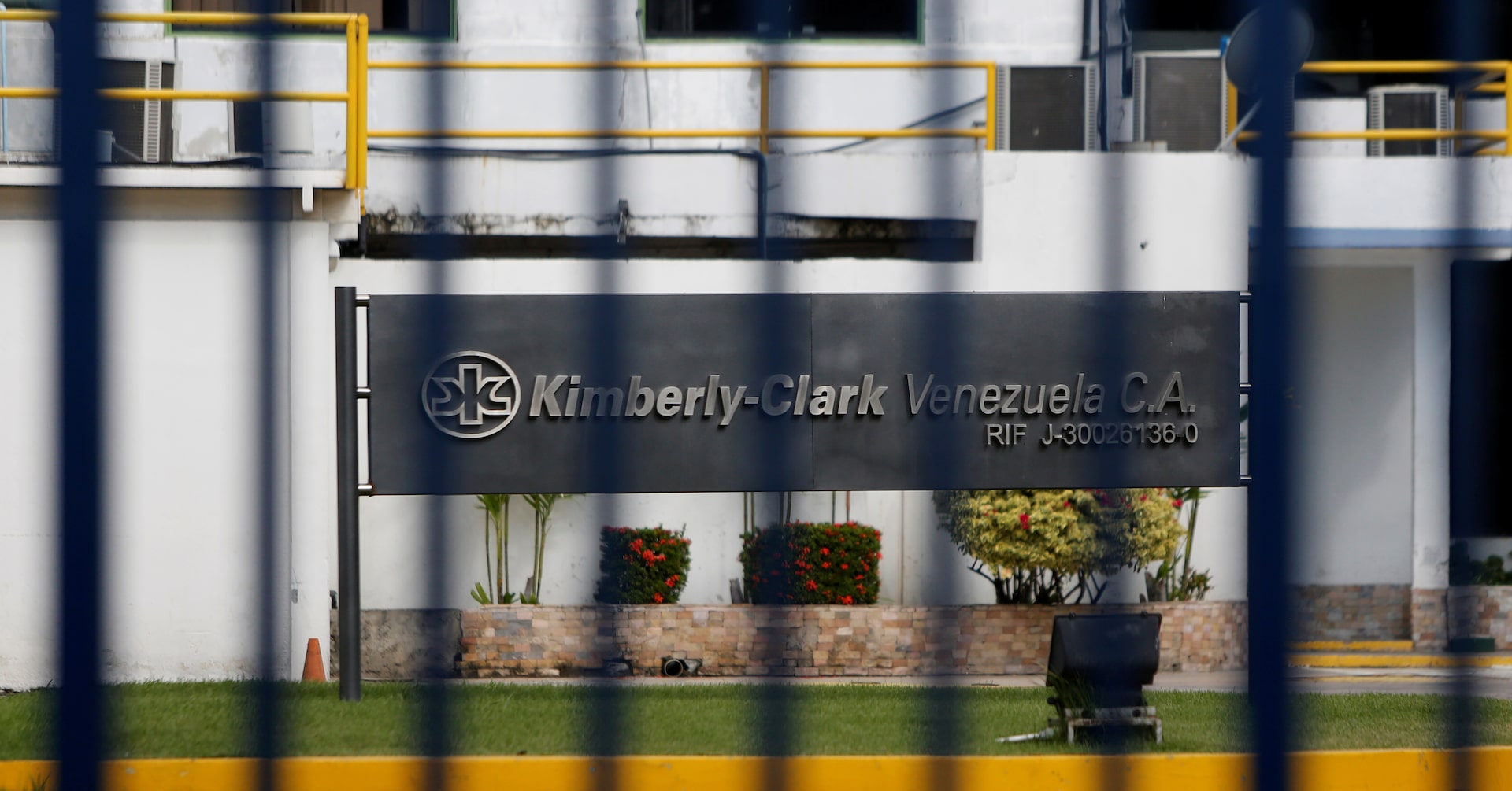Tissue Giant Kimberly-Clark Pumps $2B into American Manufacturing Muscle

Kimberly-Clark, the renowned manufacturer of Kleenex tissues, announced a significant strategic investment on Thursday. The company plans to inject $2 billion into expanding its manufacturing capabilities across the United States over the next five years. This substantial commitment comes amid a broader national trend of reshoring manufacturing, which has been actively encouraged by the Trump administration's emphasis on domestic production.
The massive investment signals Kimberly-Clark's confidence in the U.S. manufacturing landscape and its commitment to creating local jobs. By boosting domestic production capacity, the company not only aligns with the current political climate but also positions itself to meet growing consumer demand more efficiently.
This strategic move reflects a broader shift in corporate strategy, where companies are increasingly recognizing the benefits of local manufacturing, including reduced shipping costs, shorter supply chains, and enhanced flexibility in responding to market changes. For Kimberly-Clark, this investment represents a bold step towards strengthening its competitive position in the American market.
